“Let’s Get to Work”
EXECUTIVE DIRECTOR OF LNW, ANTONIO OFTELIE
Colleagues,
The minds of great leaders are restless. They not only hustle daily to get results from what they have but also grapple with what “could be” as they strive towards creating entirely new outcomes and value for the world. I trust that you’re the restless type, and I’m thrilled that you’re taking the time and energy to learn from and build on the Next Generation of Human Services Organizations Initiative.
Throughout our two-year learning experience, the words of noted poet and activist James Baldwin kept surfacing: “Not everything that is faced can be changed, but nothing can be changed until it is faced.” Baldwin’s words were written in another era, yet they seem even more poignant today. As the cohort closed out their learning experience, they joined the world to take on long-standing racial inequities in health and policing outcomes that have been newly illuminated by COVID-19 and the murder of George Floyd (amongst others). In many ways, Baldwin’s words must again bolster our resolve as we squarely confront the challenges facing equity in social and economic mobility and courageously move to create a better, safer, and more hopeful future for individuals, families, and communities.
As I step back and look at the progress of the NextGen Initiative, a fundamental lesson I have learned is that at every step of change and transformation, leaders must align and harmonize the form and growth of outcomes and impact they’re striving for with the governance and structures they design, the insight and evidence they use to measure results, the services and solutions they build, and the people and culture they foster. This level of adaptive change will require those exercising leadership to not only diligently sift through and shed some previous ways of thinking and working, but also intentionally learn and build new capabilities, practice models, and values.
To help you take on this challenging work, the Initiative leveraged and built on the Human Services Value Curve. The case studies on leading change and the action steps the cohort designed around the Human Services Value Curve are a great place for you to start planning your journey towards improving not only human services outcomes but also the racial equity within those outcomes that the nation so urgently needs.
I’m excited for you to embrace the lessons learned, build on them, and implement them. But, before you get to work, I’m hoping you’ll join me in gratitude to the Kresge Foundation, the Next Generation of Human Services Organizations Advisory Board, and the Leadership for a Networked World team. This Initiative would not have been possible without their vision, resources, ideas, and energy.
On behalf of the entire NextGen cohort and learning team, we are grateful for your interest in the ideas and actions of the Initiative and your time, energy, and commitment to improving outcomes in human services. My sincere hope is that the energy and ideas emanating from this Initiative stoke the restlessness of your minds.
Now, let’s get to work!
Dr. Antonio M. Oftelie
Executive Director, Leadership for a Networked World
Fellow, Technology and Entrepreneurship Center at Harvard
Harvard John A. Paulson School of Engineering and Applied Sciences
Participant Outcomes
Participant Reflections
UTEC
UTEC’s mission is to ignite and nurture the ambition of our most disconnected young people to trade violence and poverty for social and economic success.
Today, UTEC’s nationally recognized model begins with intensive street outreach and gang peacemaking, reaching out to our most disconnected youth by meeting them “where they are.” Project-based educational programming is provided through onsite HiSET (high school credential) preparation classes. Social justice and civic engagement are embedded throughout and drive our youth-led organizing and policymaking campaigns, both local and statewide.
More than Words
More Than Words empowers youth who are in foster care, court-involved, homeless or out of school to take charge of their lives by taking charge of a business.
MTW believes that when system-involved youth are challenged with authentic and increasing responsibilities in a business setting, and are given high expectations and a culture of support, they can and will address personal barriers to success, create concrete action plans for their lives, and become contributing members of society.
New Door Ventures
New Door Ventures prepares disconnected youth for work and life. They provide skill-building, individual support and jobs that enable youth to discover and achieve their potential. New Door Ventures’ work is integral to the successful transition to healthy, sustainable adulthood.
Acknowledgements
We’d like to expressly acknowledge and thank all of the individuals who worked to support this Initiative. Without their dedication, inspiration and commitment, this important work would not have been possible.
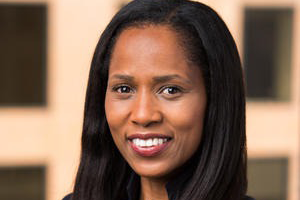
Shena Ashley
Vice President, Nonprofits & Philanthropy
Urban Institute
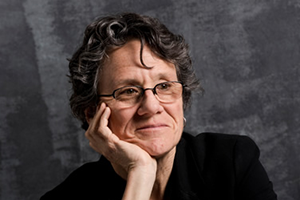
Molly Baldwin
Chief Executive Officer
ROCA
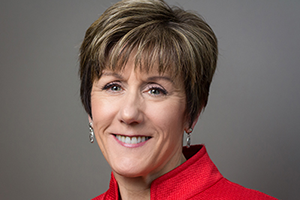
Susan Dreyfus
President & CEO
Alliance for Strong Families and Communities
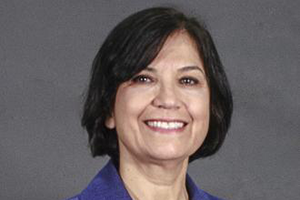
Maha Freij
Executive Director
ACCESS
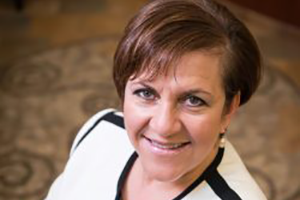
Ruby (Ana) Lee
President
CLUES
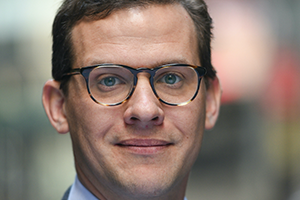
Sam Schaeffer
Chief Executive Officer
CEO Works
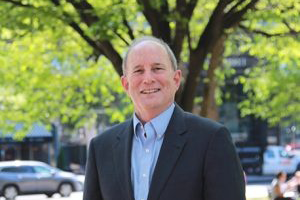
Lee Sherman
President & CEO (retired)
National Human Services Assembly
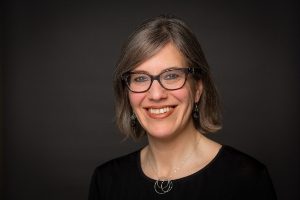
Katya Fels Smyth
Founder & CEO
Full Frame Initiative
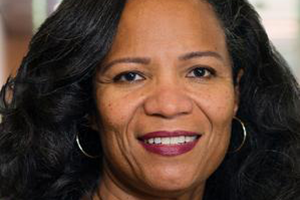
Joelle-Jude Fontaine
Senior Program Officer, Human Services
The Kresge Foundation
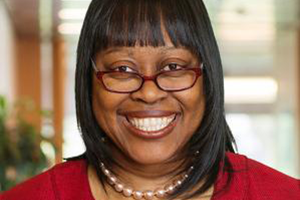
Raquel Hatter
Managing Director, Human Services
The Kresge Foundation
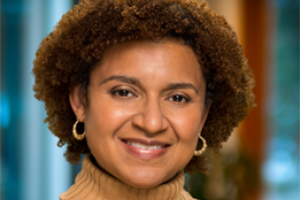
Sonita Martin
Program Team Assistant, Human Services
The Kresge Foundation
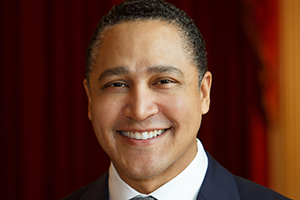
Antonio Oftelie
Executive Director
Leadership for a Networked World
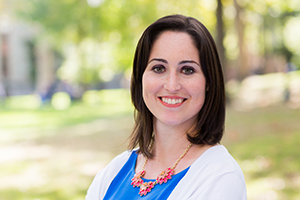
Lauren Hirshon
Director of Research & Learning
Leadership for a Networked World
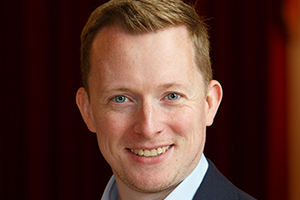
Christopher DeAngelus
Director of Digital Initiatives
Leadership for a Networked World
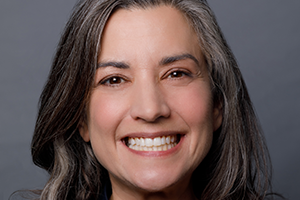
Amy Ramsay
Program Director
Leadership for a Networked World
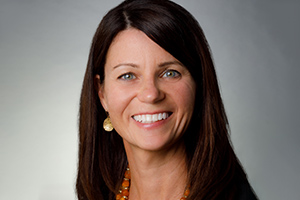
Karen Notch
Director of Operations
Leadership for a Networked World